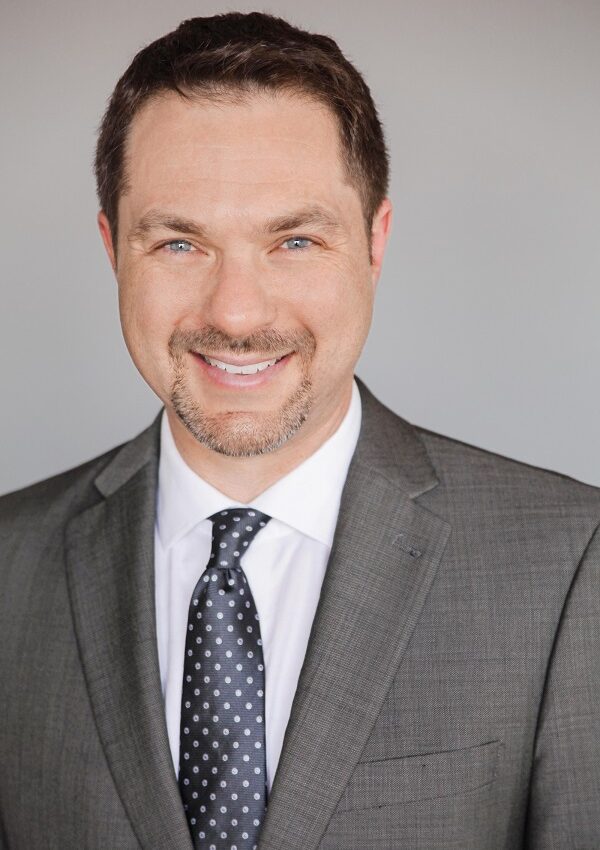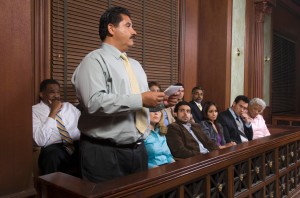
Criminal trials are an intimidating, stressful, and scary experience for any defendant, and a DUI trial is no different. However, knowing how a trial works in Los Angeles County can help alleviate many concerns about the trial process. Fighting a DUI charge in the Los Angeles Superior Court with the assistance of a skilled DUI defense attorney and presenting your case to a jury of your peers may be your best option.
Most people are aware that in a criminal trial, the defendant is the person charged with a crime, and a prosecutor, also referred to as a District Attorney or City Attorney, is required to prove that the defendant violated the law, beyond a reasonable doubt, and is guilty of a crime. While a criminal defense attorney works to protect an individual, the prosecutor, in theory, works for Los Angeles County or a local city (such as Santa Monica, Long Beach or Los Angeles), and by proxy, the citizens of California.
All defendants in driving under the influence or DUI cases are entitled to a jury trial, a right given by both the U.S. and California Constitutions. The jury is chosen from a group of ordinary citizens through a process where the defense attorney, prosecutor, and judge start with a large pool of people and choose 12 jurors from that pool. The defendant has the ability to waive his right to a jury trial by stating in open court his wish to waive the right to a jury. The prosecutor and judge must also agree to the waiver. Should either withhold their consent to the waiver, the trial proceeds with a jury. In a jury trial, the jury is the finder of fact, and all physical and witness testimonial evidence is presented so that the jury can make the decision regarding the guilt or innocence of the accused defendant. Should the defendant waive the right to a jury, then the judge acts as the finder of fact and is the arbiter of guilt and innocence of the defendant in addition to performing his other duties.
DUI trials are conducted in criminal (as opposed to civil) court and are presided over by one judge. The Los Angeles Superior Court has established a guideline that all misdemeanor cases, such as DUIs, should be settled or start trial within 120 days of when the court case begins. Individual defendants may elect to have their case go to trial sooner if they wish to use their speedy trial rights.
The judge presides over the trial and ensures that both the rules of court and the applicable legal and procedural rules are properly followed. The judge also serves as the gatekeeper for the admission or rejection of evidence throughout the proceedings; this includes the inclusion or exclusion of both physical evidence and testimony given during the trial. The judge controls the trial by instructing witnesses and the jury (if present) on their responsibilities and the rules, and also regulates the attorneys’ statements and actions as well (if necessary). Essentially, the role of the judge is to promote justice by ensuring that the defendant, who in a DUI case is the person charged with a DUI, gets a fair trial as guaranteed by the United States Constitution. If the judge makes mistakes during trial or fails to perform his duties adequately, those errors can be grounds for an appeal of an unfavorable verdict or even a dismissal of your case.
The majority of driving under the influence cases handled in Los Angeles Superior Court do not actually go to trial. But it is reassuring to know that if a trial is necessary there are well-qualified DUI defense attorneys, such as Mark Rosenfeld, available to defend your rights and defend the Constitution. If you are not guilty or cannot afford a DUI conviction there are well-established legal, scientific and factual defenses that can result in a jury finding you not guilty and acquitting you of all charges.
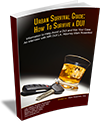

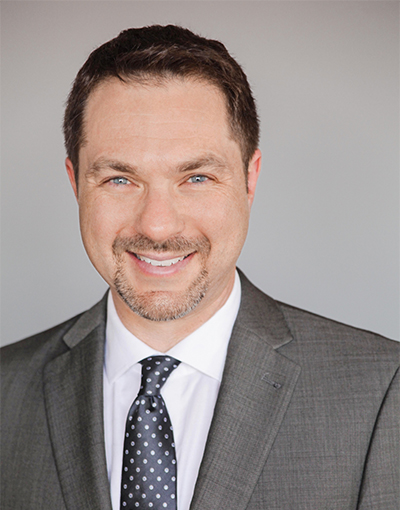
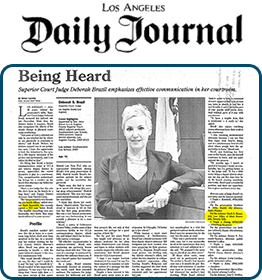
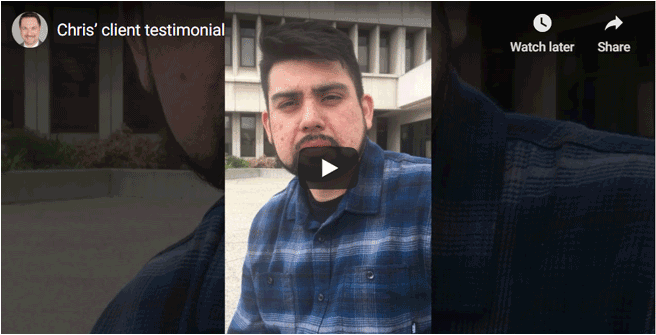

 Personal Attention
Personal Attention Every criminal case is unique and no attorney can guarantee the outcome of a case. The information on this site is legal advertising and for general information only. Using this site, requesting books, information, consultations or communicating with Attorney Rosenfeld through its site does not form an attorney/client relationship.
Every criminal case is unique and no attorney can guarantee the outcome of a case. The information on this site is legal advertising and for general information only. Using this site, requesting books, information, consultations or communicating with Attorney Rosenfeld through its site does not form an attorney/client relationship.
